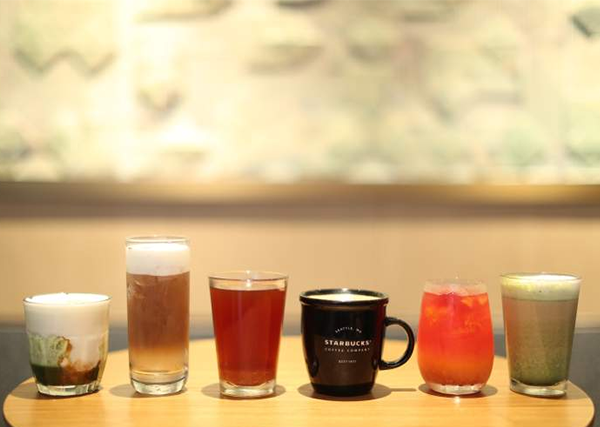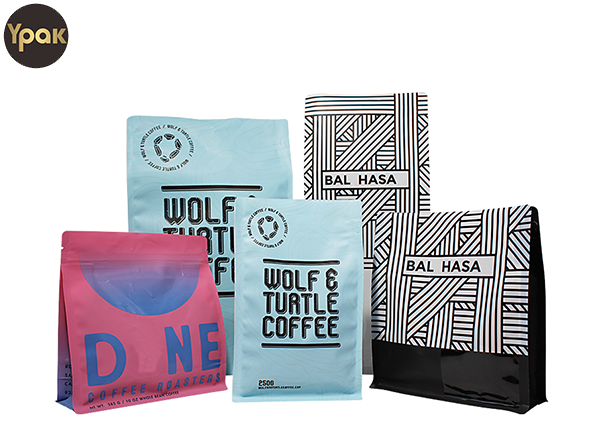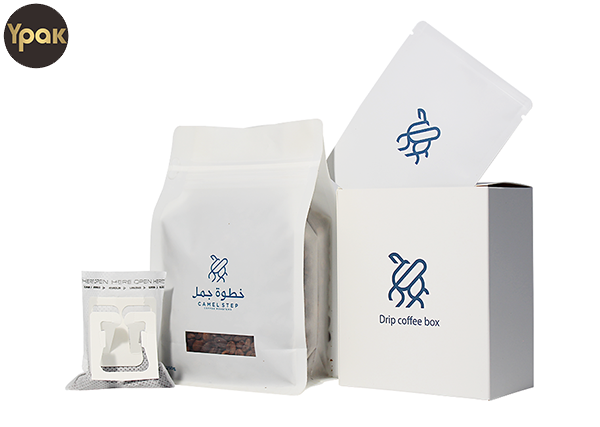The impact of Starbucks sales decline on the coffee industry
Starbucks faces severe challenges, with quarterly sales experiencing the biggest drop in four years
In recent months, sales of Starbucks, the world's largest chain brand, have fallen sharply. The downturn has triggered a ripple effect in the coffee industry, prompting a major shift in consumer preferences. As more consumers switch from chain coffee to specialty coffee, the impact on roasters and coffee shops is profound. Coffee beans that once satisfied popular demand no longer satisfy the changing tastes of discerning coffee drinkers. This article explores the factors behind Starbucks’sales decline, the rise of specialty coffee, and the need for roasters and coffee shops to adapt to this changing landscape.
Starbucks sales drop
Starbucks has long been synonymous with coffee culture, dominating the market with its ubiquitous presence and extensive menu. However, recent reports suggest the company is facing a sharp decline in sales. There are many factors contributing to this decline, including increased competition, changing consumer preferences and economic pressures.


Competition intensifies
The coffee market has become increasingly saturated with too many choices. Specialty coffee shops, local roasters and artisan cafes are popping up in towns and cities around the world. These establishments often prioritize quality over quantity, offering unique blends and single-origin coffee beans that appeal to consumers looking for a more personalized coffee experience. As a result, many coffee drinkers are turning to these alternatives, leaving Starbucks dealing with a shrinking customer base.
Changing consumer preferences
Today’s consumers are more informed and discerning than ever before. They are becoming increasingly aware of coffee’s origins, brewing methods and the ethical implications of buying it. This shift in thinking has led to growing demand for specialty coffee, which is often considered to be of higher quality and more sustainable than chain coffee. Standardization in coffee chains is losing appeal as consumers seek unique flavors and experiences.
Economic pressure
The economic situation also contributed to Starbucks' sales decline. Rising costs of living and inflation are forcing consumers to reevaluate their spending habits. Many people are opting for more affordable coffee or brewing their own coffee at home, further impacting Starbucks' profits. The convenience of specialty coffee shops, which often offer a more intimate and personalized experience, also contributes to this trend.


The rise of specialty coffee
While Starbucks is struggling, the specialty coffee industry is booming. Consumers are increasingly turning to local roasters and independent coffee shops that prioritize quality and craftsmanship. This shift is not just a trend; It represents a fundamental change in the way people perceive and consume coffee.
Quality over quantity
Specialty coffee is characterized by its quality, focusing on sourcing high-quality coffee beans and using careful brewing methods. Roasters are investing in better specialty coffee beans, often sourced directly from farmers who practice sustainable and ethical farming. This commitment to quality resonates with consumers who are willing to pay a premium for quality products.
Unique flavor profile
One of the most appealing aspects of specialty coffee is the diverse flavor profiles it offers. Unlike the single flavors of chain coffee, specialty coffee can showcase the unique characteristics of the beans, which are influenced by factors such as region, altitude and processing methods. This diversity allows consumers to develop a deeper appreciation for coffee by exploring new flavors and finding the coffee that suits them best.


Community and Experience
Specialty coffee shops often emphasize community and experience, creating inviting spaces where customers can connect over a shared love of coffee. Many of these venues host events, tastings and seminars to further enhance the customer experience. This focus on community involvement contrasts with the impersonal nature of chain coffee shops, making specialty coffee shops more attractive to consumers seeking a sense of belonging.
Roasteries and coffee shops need to adapt
As the coffee landscape evolves, roasters and coffee shops must adapt to the changing needs of consumers. Starbucks' decline is a wake-up call for the industry, highlighting the importance of quality, sustainability and customer experience.
Purchasing better specialty beans
To compete in the specialty coffee market, roasters must prioritize sourcing high-quality coffee beans. This involves building relationships with farmers and suppliers who share a commitment to sustainability and ethical practices. By investing in better coffee beans, roasters can create unique blends that stand out in a crowded market and attract consumers willing to pay for quality.


Innovative brewing technology
In addition to sourcing high-quality coffee beans, coffee shops should also explore innovative brewing techniques to enhance the flavor and aroma of their products. Methods such as pour-over, siphon brewing and cold brewing can enhance the coffee experience, allowing customers to appreciate the nuances of each cup. Training baristas in these techniques is critical, as knowledgeable staff can provide valuable insights and suggestions to customers.
High-end coffee packaging
As consumers become more discerning, coffee product presentation becomes increasingly important. High-end coffee packaging can increase the perceived value of specialty coffee beans, making them more attractive to consumers. Thoughtful design, sustainable materials and informative labeling all help create a positive customer experience that encourages repeat purchases and brand loyalty.


Build a strong brand image
In a highly competitive market, building a strong brand image is crucial for coffee shops and roasters. This involves not only creating a memorable logo and aesthetic, but also communicating a clear mission and values. Consumers are increasingly attracted to brands that align with their beliefs, whether that’s sustainability, community involvement or a commitment to quality. By effectively communicating their story, coffee businesses can develop a loyal customer base.
We are a manufacturer specializing in producing the coffee packaging bags for over 20 years. We have become one of the largest coffee bag manufacturers in China.
We use the best quality WIPF valves from Swiss to keep your coffee fresh.
We have developed the eco-friendly bags, such as the compostable bags and recyclable bags,and the latest introduced PCR materials.
They are the best options of replacing the conventional plastic bags.
Our drip coffee filter is made of Japanese materials, which is the best filter material on the market.
Attached our catalogue, please send us the bag type, material, size and quantity you need. So we can quote you.
Post time: Oct-25-2024







